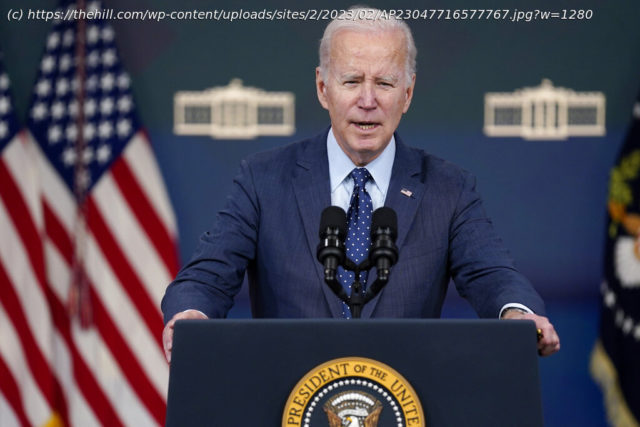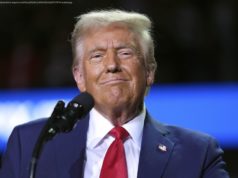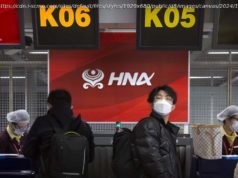Array
President Biden addressed the nation Thursday to discuss the Chinese high-altitude balloon recently flying over the United States and three other objects in North American airspace, all ultimately shot down by the U.S. Air Force. Biden’s apparent aim was to inform the public and justify his decisions regarding the presence of these vehicles in our skies.
He failed. Obviously unwittingly, Biden simply reinforced the view that his administration had disclosed only partial, highly selective elements of what the government already knew, essentially all of which were, unsurprisingly, consistent with the White House’s political narrative. His remarks sought to present the most innocuous interpretations of these recent events. Biden may have told the truth on Thursday, but not the “whole truth” and most certainly not “nothing but the truth.”
Biden’s briefing came the day after three officials of the Office of the Director of National Intelligence (“ODNI”) briefed me regarding the four recent overflights. The meeting, at DNI headquarters in Liberty Crossing, Va., lasted about an hour and was conducted in a cooperative, professional manner. During the briefing, I was shown pertinent documents, which ODNI retained, and I took no written notes.
A precondition for the briefing, reflected in standard government forms, was that I submit any materials intended for publication about the meeting to the National Security Council staff for prepublication review. That review’s purpose was to determine that my draft contained no classified information, and thereby receive assent to publish. I previously submitted my book “The Room Where it Happened” for clearance through this process which, in the regular order, it received, as has this article.
Prepublication review is a highly controversial practice, as I can attest; but critically, the review is confined to classification matters, not matters of policy, politics and opinion. Similarly, the ODNI briefing was on intelligence matters not the administration’s policy or its justification. There is a long-standing, entirely appropriate wall of separation between intelligence and policymaking, so it was right that the ODNI briefers did not (and should not) engage in policy advocacy.






